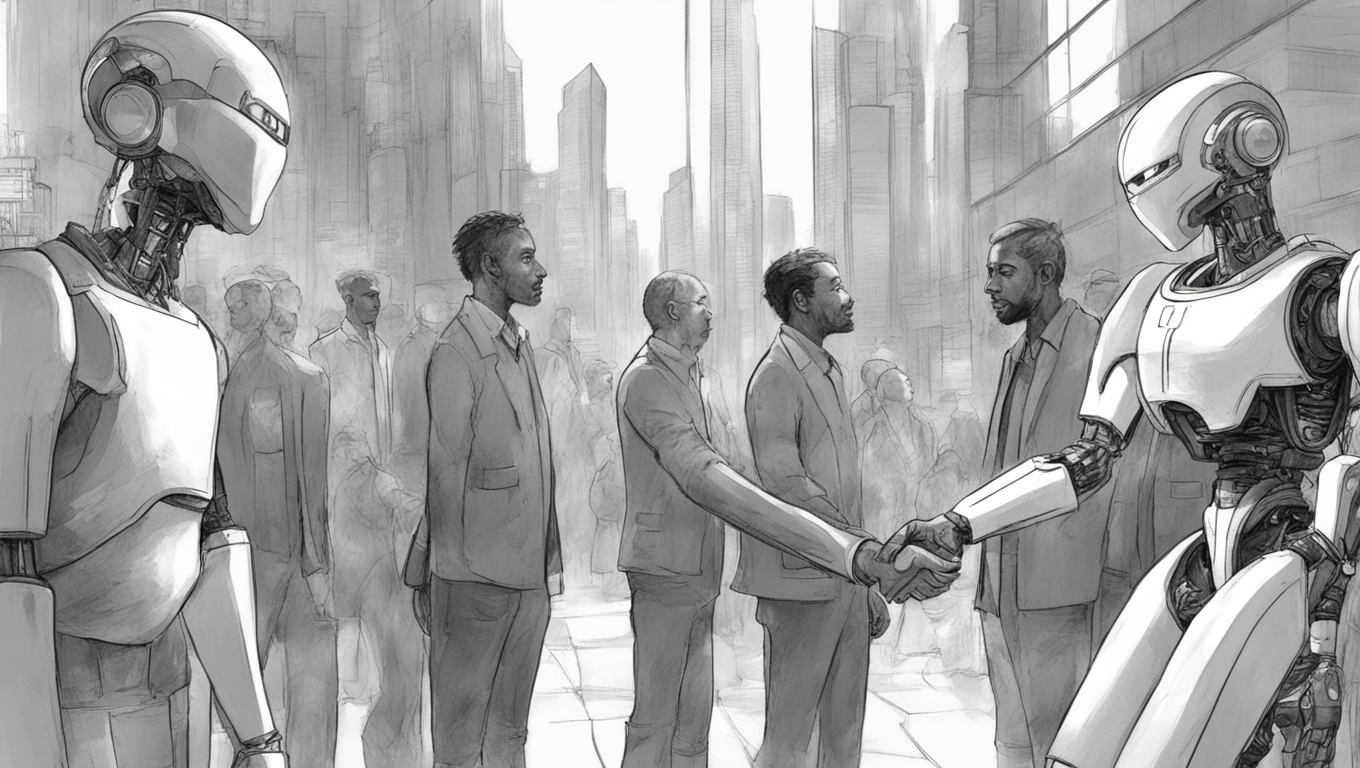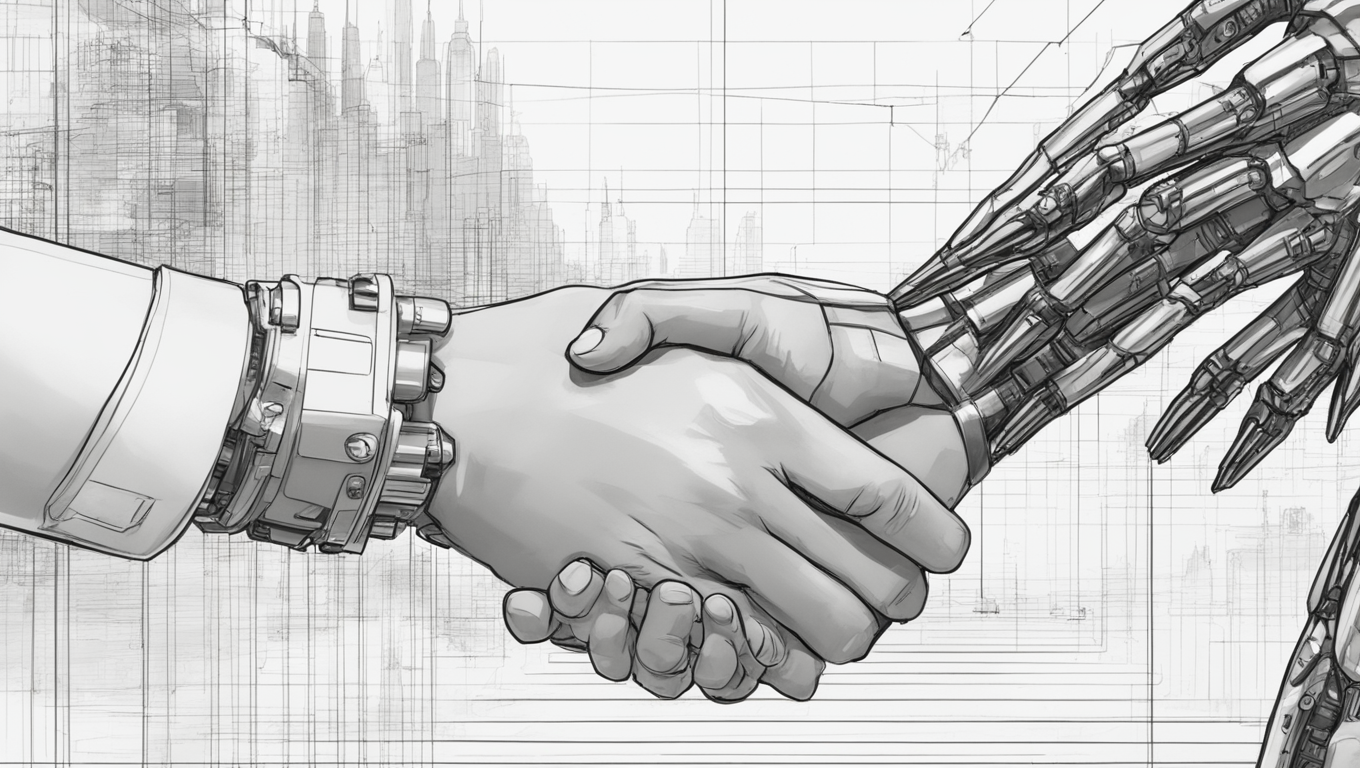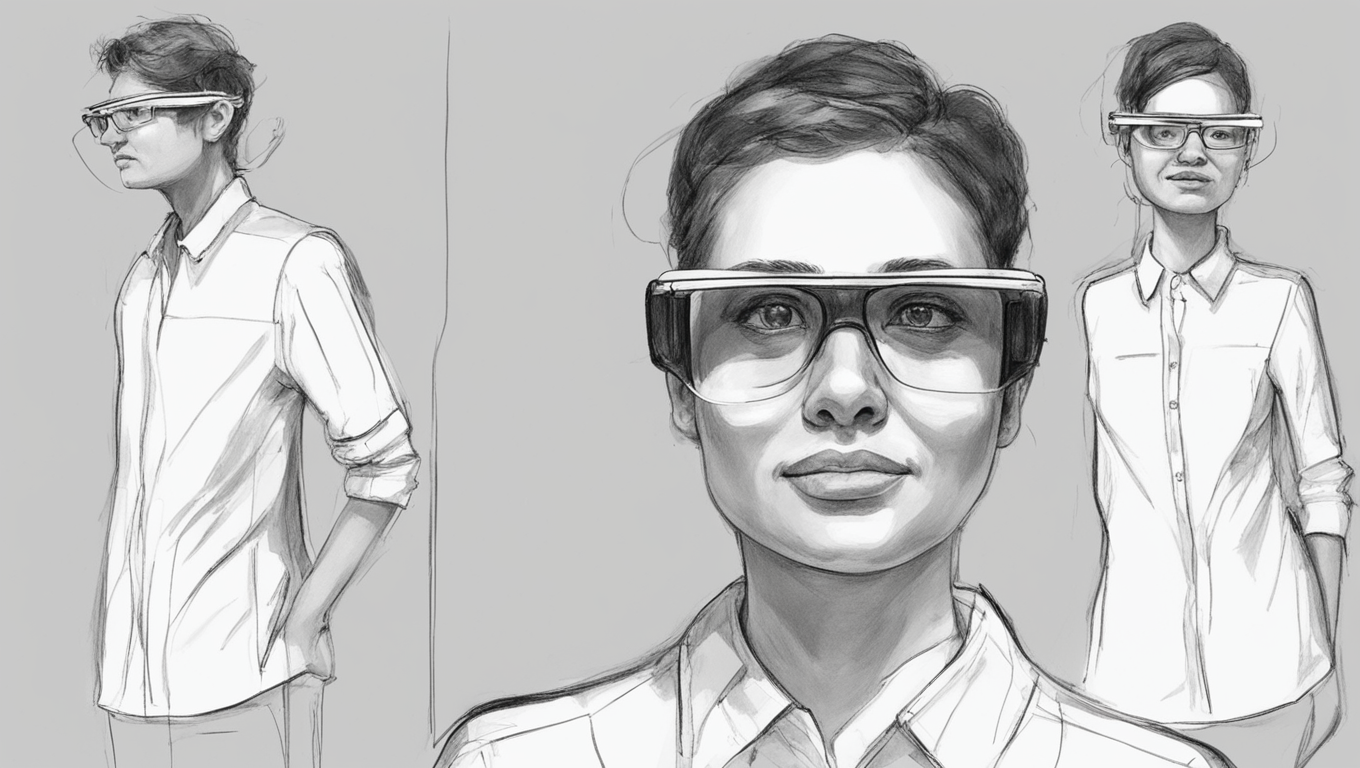Artificial intelligence (AI) is rapidly transforming the global labor market, and according to the International Monetary Fund (IMF), it’s hitting like a tsunami. In a recent event in Zurich, IMF Managing Director Kristalina Georgieva warned that AI is expected to impact 60% of jobs in advanced economies and 40% of jobs worldwide within the next two years.
Georgieva expressed concern about the limited time available to prepare both individuals and businesses for this AI revolution. While acknowledging the potential for tremendous increases in productivity, she also emphasized the risks of misinformation and increased inequality in society.
The IMF Managing Director highlighted the world economy’s recent susceptibility to shocks, such as the global pandemic in 2020 and the ongoing war in Ukraine. Despite these challenges, Georgieva noted the economy’s resilience and the absence of a global recession. She stated, “Last year there were fears that most economies would slip into recession, but that didn’t happen. Inflation, which hit us strongly, is now on the decline almost everywhere.”
Georgieva’s remarks were met with protests from activists urging action on climate change and addressing developing world debt. However, her focus remained on the imminent impact of AI on the labor market.
Swiss National Bank Chairman Thomas Jordan, who also spoke at the event, commented on the fight against inflation in Switzerland. He noted that progress in combating inflation had been substantial, with price rises within the SNB’s target range of 0-2% for the past 11 months. While he expressed optimism about the outlook for inflation, Jordan acknowledged the presence of uncertainty.
The warnings from both Georgieva and Jordan serve as a wake-up call to governments, businesses, and individuals alike. The rapid advancement of AI technology brings unprecedented opportunities and challenges. As AI continues to reshape the job market, preparation is crucial to navigate the future of work.
In her address, Georgieva emphasized the need for proactive measures to ensure a smooth transition. Upskilling and reskilling programs, coordinated efforts between governments and businesses, and proactive policies to address inequality are crucial to managing the impact of AI.
The IMF’s warning aligns with previous predictions and calls for action from leading technology experts and futurists. Ray Kurzweil, a renowned inventor and futurist, has long been vocal about the transformative potential of AI. In his book “The Singularity Is Near,” published in 2005, Kurzweil predicts a future where AI will greatly impact various industries and jobs.
While the disruption caused by AI is undeniable, experts also highlight the importance of embracing and adapting to these changes. As economist Carlota Perez argues, technological revolutions have historically brought about initial job displacement but eventually lead to new job creation and opportunities.
As we navigate the AI-driven future, it is essential for governments, businesses, and individuals to work collaboratively in preparing for the changing landscape. By investing in education and training, fostering innovation, and establishing forward-thinking policies, we can harness the potential of AI to drive progress and create a more inclusive society.
The IMF’s warning serves as a call to action, urging us all to acknowledge the unstoppable force of AI and take the necessary steps to ensure a smooth transition. As the wave of AI advances, let’s embrace the potential it holds while pursuing strategies that protect workers and promote equality. With the right approach, we can ride this tsunami of AI and shape a future that benefits us all.





Use the share button below if you liked it.